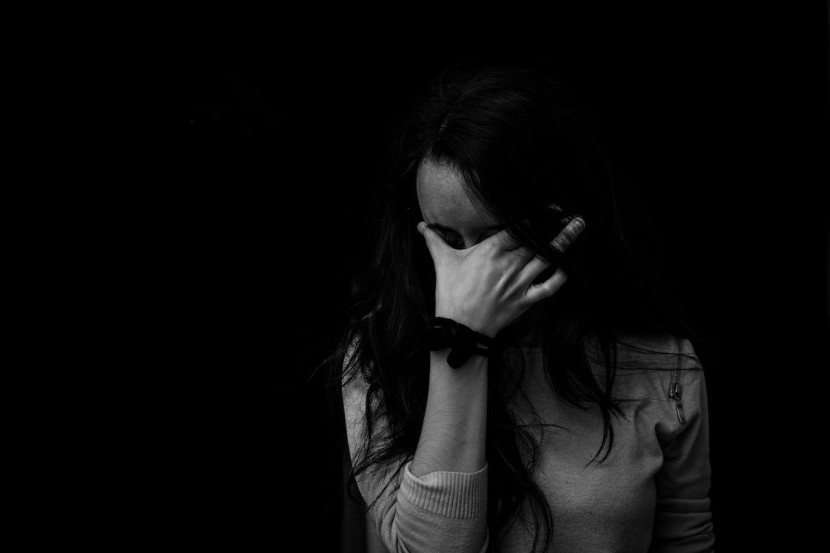
An influential health guidelines group urged the United States doctors to regularly screen adults under 65 years of age for anxiety amid the effects of the coronavirus pandemic on society.
It is the first time the US Preventive Services Task Force has recommended anxiety screening in primary care for adults that show no symptoms. Furthermore, the proposal is open for public comment until October 17, but the group usually affirms its draft guidance.
Anxiety Screening for Adults
The group's recommendations are based on a review that started before the COVID-19 pandemic. It evaluated studies that showed potential benefits and risks from anxiety screening in the age bracket.
Given the reports of a surge in mental health problems linked with pandemic isolation and stress, the guidance is "very timely," said task force member and co-author Lori Pbert. She is a psychologist-researcher at the University of Massachusetts' Chan Medical School.
The task force noted that evidence for benefits, including effective treatments, outweigh any risks, which include inaccurate screening results that could lead to unnecessary follow-up care for patients, as per Yahoo News. The guidance comes as anxiety disorders are among the most common mental-health complaints, which affect roughly 40% of women and more than one in four men in the US at some point in their lives.
Data shows that Black people, those living in poverty, people who have lost partners, and those who have other mental health issues are among adults who face greater risks of developing anxiety. Symptoms can manifest as panic attacks, phobias, or feeling of always on edge.
According to the New York Times, Pbert said, "It's a crisis in this country. Our only hope is that our recommendations throw a spotlight on the need to create greater access to mental health care, and urgently."
Addressing Mental Health Issues
The percentage of adults with recent symptoms of anxiety or a depressive order from August 2021 to February 2021 increased to 41.5% from 36.4%. The health panel will finalize the draft in the coming months.
Mental health care providers, in response to the recommendations, emphasized that screening programs are useful only if they lead patients to effective solutions. Psychiatrist Dr. Jeffrey Staab, the chair of the department of psychiatry and psychology at Mayo Clinic in Rochester, Minn., said that the situation is of "real concern."
The health professional said that they can screen a lot of people but noted that it would be a waste of time if that was all that happened. While psychiatrists are pleased with the attention on mental health, also underscored that a standardized screening is only the first step toward a diagnosis.
Common screening tools include brief questionnaires about symptoms such as fears and worries that interfere with usual activities. These tools can be given easily in a primary care setting, said the task force, although it did not specify how often patients should be screened.
Pbert noted that the most important thing was to recognize that a screening test alone is not sufficient to diagnose anxiety. The next step in the process is a more thorough evaluation by a mental health professional, but argued that it would be difficult due to shortages of specialists, CNBC reported.
Related Article : 'Out of Control' STD Cases Prompt Health Officials To Call for New Prevention, Treatment Efforts









